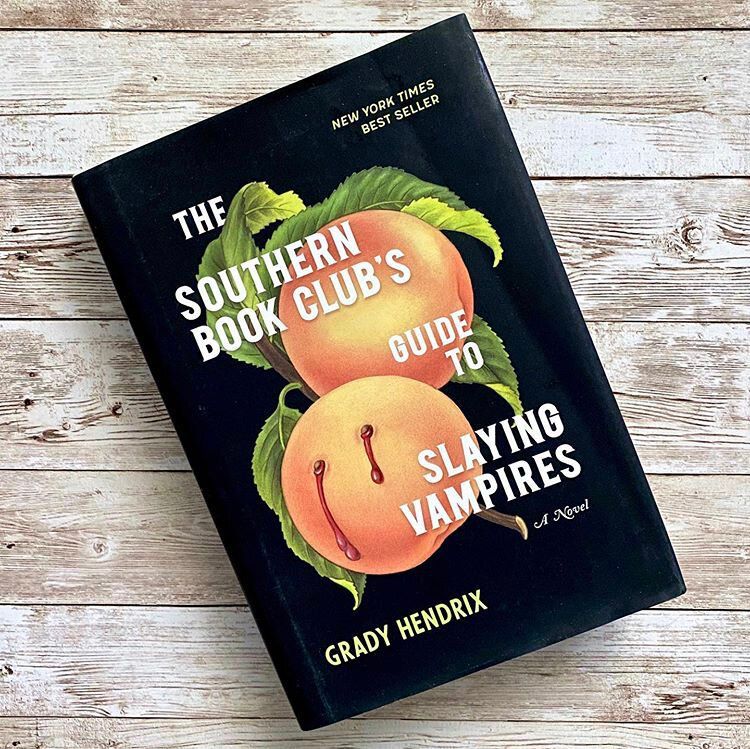A feast of Lorca. (Federico Garcia Lorca’s plays performed in several countries in commemoration of his 100th birth anniversary)
From: American Theatre Magazine Date: July 1, 1998 Author: Mona Molarsky Plays by the Spanish playwright Federico Garcia Lorca are being performed by various theater groups around the world in commemoration of the artist’s 100th birth anniversary. His controversial play […]
From: American Theatre Magazine
Date: July 1, 1998
Author: Mona Molarsky
Plays by the Spanish playwright Federico Garcia Lorca are being performed by various theater groups around the world in commemoration of the artist’s 100th birth anniversary. His controversial play entitled ‘El Publico’ will be performed for the first time in New York by the Repertorio Espanol. Lorca’s plays that are being performed in other countries include ‘Blood Wedding,’ ‘Yerma,’ ‘Buster Keaton’s Bike Ride in Barcelona’ and ‘The House of Bernarda Alda.’
A spate of international productions serve up the passionate depths of Garcia Lorca’s plays
Three days before opening night, New York’s Gramercy Park Theater is dark inside. It’s so black you have to feel your way down the aisle. Then a soft, dream-like spot appears upstage left and gradually brightens.
“A little more, just a little more!” calls director Rene Buch from the depths of the balcony. “Yes. Perfect. Que bonita!” he laughs, shifting into Spanish. A young man walks downstage, draped in white chiffon. “Do you like it, Flor?” he asks Buch, doing a slow turn. “No. No quiero! It looks like Carole Lombard,” Buch complains to the costume designer. In a minute she’s up on stage, snipping and pinning the fabric.
Tonight is the pre-dress rehearsal for a long-overdue New York premiere. Written in 1930 by Spanish poet and playwright Federico Garcia Lorca, El Publico has had to wait almost 70 years to get produced in the same city where it was conceived. Dubbed by Lorca his “impossible theatre” because of its technical difficulties and then-taboo theme – homosexual love – El Publico “disappeared” after Lorca’s 1936 execution by Fascists during the Spanish Civil War. When it reemerged, 20 years later, the play stayed unperformed for another whole decade. El Publico has since been published, translated and performed numerous times, but never – until now, that is – in New York. This year, to honor the 100th anniversary of Lorca’s birth, Buch, and the company of which he is artistic director, Repertorio Espanol, is producing the still-subversive play.
Lorca has been a mainstay at Repertorio, which over the last 30 years has produced all his major works, including Blood Wedding, Yerma and The House of Bernarda Alba, his three tragedies set in the Spanish countryside. Staging El Publico is clearly an act of love for the company – and a way for it to be judged in the international arena during Lorca’s centennial year.
Throughout the world, from Buenos Aires to Tokyo, theatre groups are mounting tributes to the playwright, who was born in on June 5, 1898, in Granada. Every one of his 15 plays is currently in production somewhere – including Madrid, Brussels, Havana, Cairo, Lyon, Moscow and New York, among other cities. Even his lesser-known plays – the comedies, tragicomedies, puppet shows, and “experimental” works like El Publico – are finally getting the attention they deserve.
This year, Spain alone is hosting a vast array of events to commemorate Lorca, who remained censored there from the Civil War until Franco’s death in 1975. There are festivals, poetry readings, dance performances, concerts, exhibitions and lectures dedicated to Lorca, offering the chance to see unusual productions like Lorca’s short, experimental piece Buster Keaton’s Bike Ride in Barcelona. In the spirit of La Barraca, Lorca’s traveling theatre group that brought classics to the poor during the early ’30s, several companies are now touring rural Spain. An unprecedented number of puppet productions are scheduled, too. Lorca was fond of puppetry and wrote several puppet plays, including The Billyclub Puppets and The Puppet Play of Don Cristobal.
Lorca’s work has long been venerated in the Spanish-speaking world. As Buch puts it, “When he published his poems, The Gypsy Ballads, in 1928, he became a torero, a bullfighter. Everyone in Spain knew his poems and quoted them.” At this time, as Lorca was being hailed “the people’s poet,” he was also working on various experimental theatre projects, plans for a traveling puppet troupe and an avant-garde magazine. His friends and artistic collaborators included painter Salvador Dali, filmmaker Luis Bunuel and composer Manuel de Falla. In 1930, Picasso designed the costumes for Lorca’s comedy The Shoemaker’s Prodigious Wife, which premiered in Madrid with Spanish star Margarita Xirgu in the lead role. By 1933, when he arrived in Buenos Aires, where Blood Wedding was a hit, Lorca had become a celebrity in Latin America as well. He remains beloved there to this day.
But Lorca in translation is another matter entirely. In 1935, the same year that Waiting for Lefty catapulted Clifford Odets to fame, Blood Wedding opened at New York’s Neighborhood Playhouse to bemused reviews. What could Americans make of a play that included among its characters the Moon, personified as a woodcutter, and Death as a beggar? Plain-talking actors from the land of Jimmy Stewart found themselves speaking lines like “with a knife/with a tiny knife/that barely fits the hand/but that slides in clean/through the astonished flesh.”
In the six decades since, Lorca has never become a staple of the American theatre, but south of our border and in much of Europe, he’s mentioned in the same breath as Synge, Brecht, Pirandello and Genet. Some American directors have been frightened off by supposedly difficult works like El Publico, and translation problems have dogged his plays. One critic, reviewing Ted Hughes’s version of Blood Wedding in London two years ago, said, “Its poetry – at once flinty and florid – is damnably hard to make work in English.”
But Lorca’s troubled relationship with Anglos involves more than just language. The author, whose American visit in 1929 compelled him to write Poet in New York, a book containing poems like “Landscape of the Vomiting Multitudes,” has an emotional temperature many on these shores find unnerving. Once famous for declaiming his writings at the drop of a hat, Lorca is vibrantly theatrical and emotional to the core. What might read like “The Surrealist Manifesto” on paper reveals a potently visceral force on stage.
That much was clear when I returned to Repettorio on opening night. From the first moment when veteran actor Ricardo Barber made his entrance down the center aisle, the house was spellbound. A ghostly light, the sound of whispers and wind blowing – little in the way of costumes or sets was necessary. Director Buch had stripped El Publico down to its essentials – actors on a stage, engaged in wild, intense, free-flowing dialogue. The play, like so much of Lorca, attacks the conventions of theatre and gender, arguing for a more flexible, profound reality. Early on, two men fall into a lover’s quarrel:
A: If I turned into a cloud?
B: I’d turn into an eye.
A: If I turned into caca?
B: I’d turn into a fly.
A: If I turned into an apple?
B: I’d turn into a kiss.
A: If I turned into a breast?
B: I’d turn into a white sheet.
A: And if I turned into a moonfish?
B: I’d turn into a knife.
Actors Edward Nurquez-Bon and Chaz Mena batted the images back and forth as if they were so many humorous little insults. Their grace and inimitable timing had the audience roaring. Deep in this modernist text, Repertorio Espanol has located Lorca’s soul, subversive and passionate as ever.
Mona Molarsky, a New York-based arts and travel writer, has written for The Nation and the Los Angeles Times. She is deputy editor at Glamour magazine.









